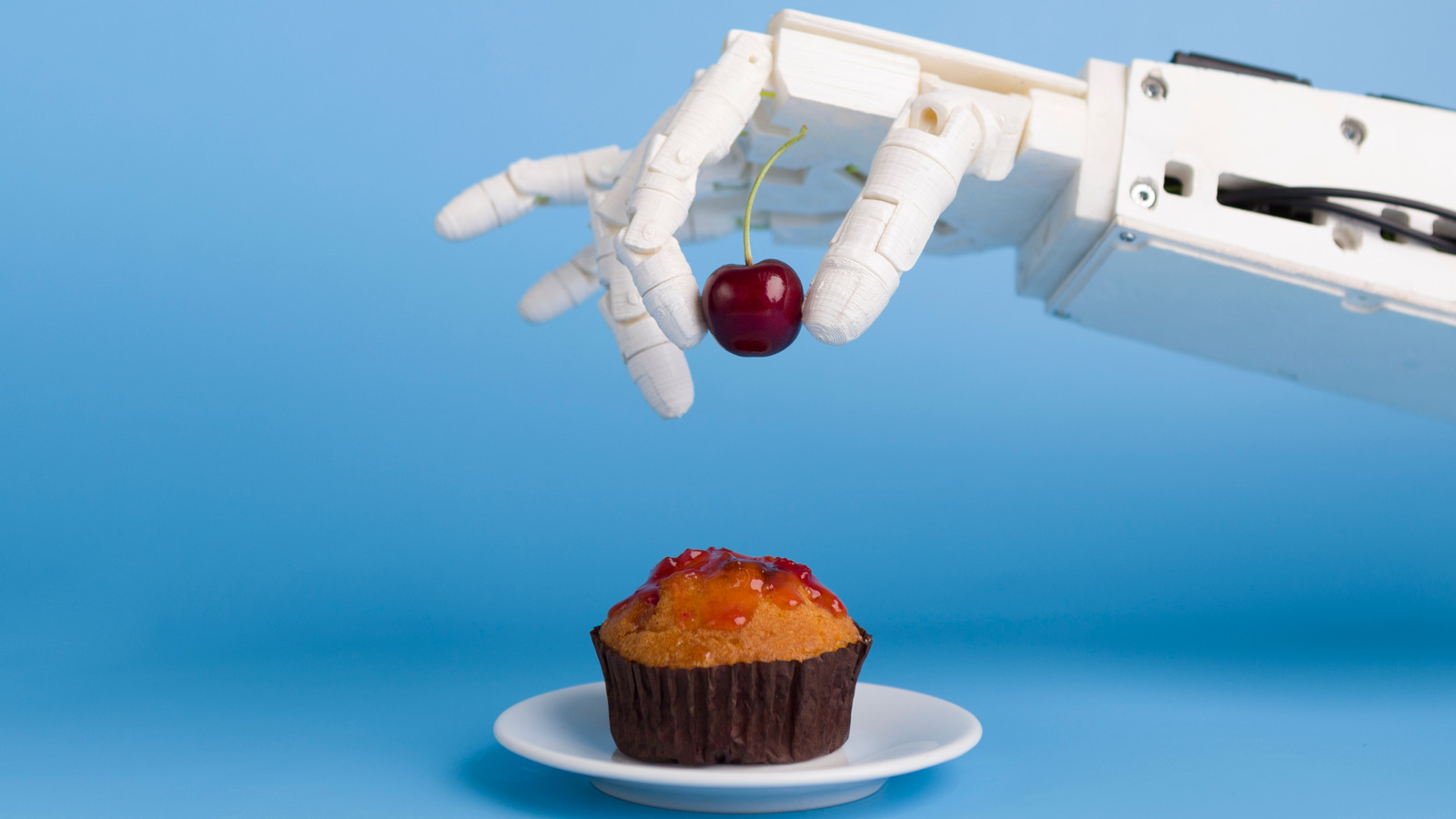AI in Food Safety Biology Diagrams Choco, a startup focused on improving the food supply chain, has launched Autopilot, an AI tool that helps food distributors process orders without manual input. Autopilot automatically reviews Digital twins, which are virtual replicas of physical objects or systems, can use real-time data to simulate and predict food production outcomes (Henrichs et al., 2022), while Generative AI can enhance the generation of these models by interpreting textual data. Generative AI enhances data augmentation and integration in digital (food) twins

AI is bringing data-driven insights to a fragmented supply chain. AI can revolutionize the food industry's complex value chain by breaking operational silos and translating vast streams of data AI technologies, such as machine learning, data analytics, and predictive modeling, can significantly enhance the agility, efficiency, and sustainability of food supply chains. This section will provide an overview of the current landscape of the food supply chain and highlight the essential role AI plays in optimizing operations.

AI is revolutionizing R&D and supply chains in the food industry, but ... Biology Diagrams
AI is bringing data-driven insights to a fragmented supply chain. AI can revolutionize the food industry's complex value chain by breaking operational silos and translating vast streams of data AI can revolutionize the food industry's complex value chain by breaking operational silos and translating vast streams of data into actionable intelligence. Notably, LLMs and chatbots can serve as digital interpreters, democratizing access to data analysis for farmers and growers, and enabling more informed decisions by food companies.

The integration of AI into food supply chains will further streamline logistics, improving demand forecasting, inventory management, and waste reduction. AI-powered blockchain solutions will also enhance transparency and traceability, ensuring food authenticity and reducing fraud. 6. AI-Powered Food Delivery and Autonomous Vehicles AI can revolutionize the food industry's complex value chain by breaking operational silos and translating vast streams of data into actionable intelligence. Notably, LLMs and chatbots can serve as digital interpreters, democratizing access to data analysis for farmers and growers, and enabling more informed decisions by food companies.
